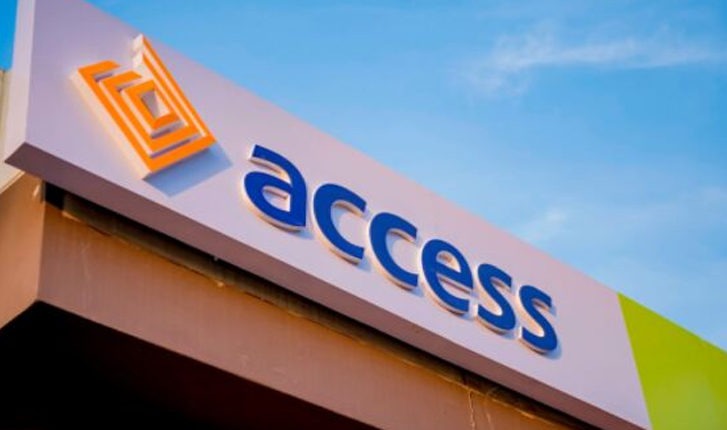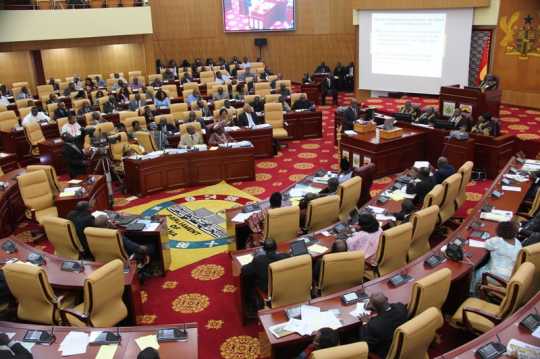- FG Saves N30bn From MDAs’ Payroll Audit
The Federal Government has said it has saved a total of N30bn through an audit of its 181 Ministries, Departments and Agencies conducted by the Presidential Initiative on Continuous Audit.
The development was contained in a report on the achievements of the Minister of Finance, Mrs. Kemi Adeosun, in the last two years.
The government stated that the audit followed claims of a shortfall in the personnel costs of the MDAs across the country.
To verify the claims of the shortfall, it said the PICA had raised teams comprising over 300 accountants, auditors and administrative officers.
To accurately profile the actual payroll costs of each of the agencies, the report said the PICA designed a template to capture the vital financial information required for the exercise.
The findings, it noted, showed that a total of N101bn was claimed by the MDAs, while the committee recommended the sum of N79.78bn, resulting in a saving of N30.28bn.
The government said, “The sum of N30,280,863,588.72 was saved on account of this audit exercise. However, it is important to note that the shortfall across most of the MDAs visited was as a result of a shortfall in personnel cost in 2016 appropriation.
“Others, such as the Nigerian Army, were due to the recruitment of about 10,000 soldiers based on a presidential directive, while a shortfall in defence mission was on account of foreign exchange differentials.”
The report added that the Federal Government was currently saving at least N15bn annually from the services of the Efficiency Unit of the Federal Ministry of Finance.
It also said the ministry secured discounts ranging from five per cent to 50 per cent from 17 airlines for local and foreign travels.
The report stated, “The Federal Ministry of Finance recently signed an agreement with Dana Airlines that provides discounts of 50 per cent to all the MDAs. The agreements with the other airlines are at various stages of finalisation.
“The unit has also introduced price guidelines and shared services policy among the MDAs to increase transparency in the procurement process, while the work processes and practices would be reviewed to identify and eliminate areas of wastage, excess capacity and duplication.”
It added that in the course of its investigation, the ministry discovered that 196 Foreign Service officers had continued to receive salaries after exiting the federal service.
It said, “The sum of N192m was collected by these officers as salaries even after leaving the service.
“The case was handed over to the Economic and Financial Crimes Commission for further investigation and recovery of the aforementioned fund on completion of the investigation.”


 Naira4 weeks ago
Naira4 weeks ago
 Billionaire Watch4 weeks ago
Billionaire Watch4 weeks ago


 Naira4 weeks ago
Naira4 weeks ago


 Naira3 weeks ago
Naira3 weeks ago




 Naira3 weeks ago
Naira3 weeks ago




 Naira3 weeks ago
Naira3 weeks ago




 Naira2 weeks ago
Naira2 weeks ago
 Commodities3 weeks ago
Commodities3 weeks ago





















